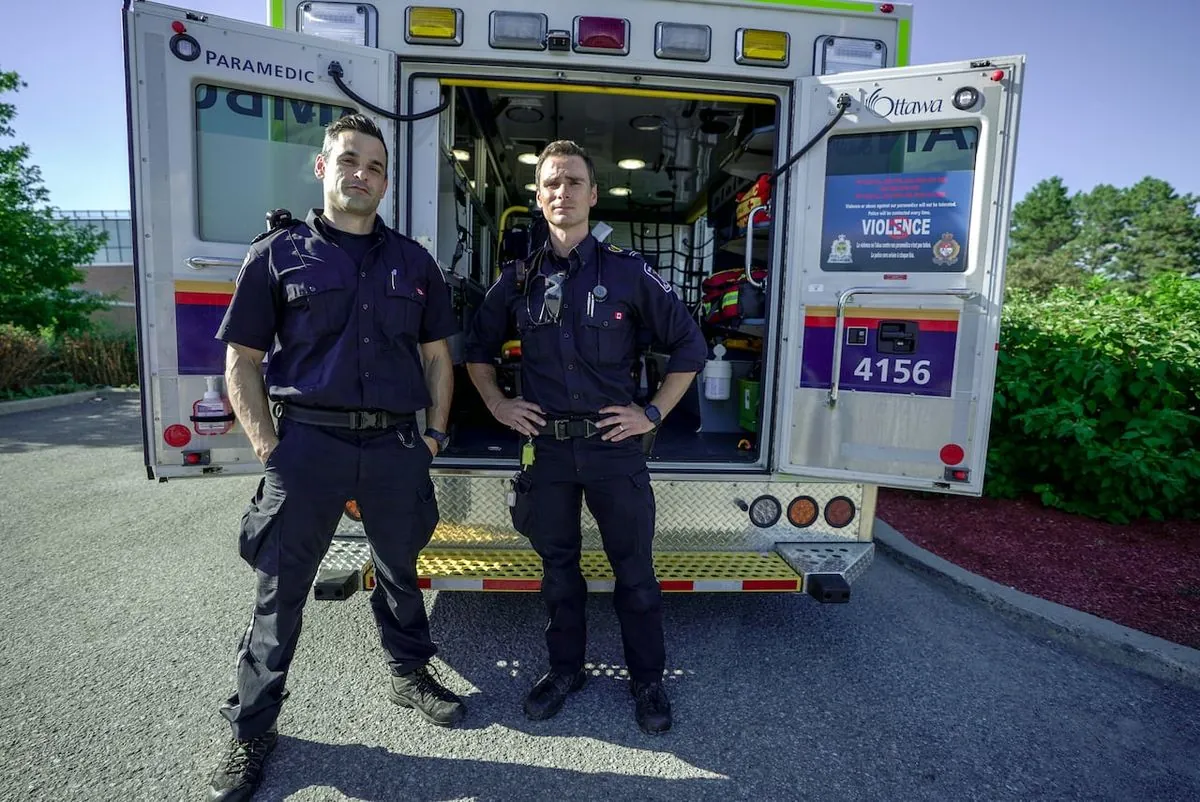Prisons' Unnecessary 999 Calls Cost Ambulance Services 7 Weeks Annually
Unnecessary emergency calls from UK prisons wasted 1,250 paramedic hours in 2023. The Health Services Safety Investigations Body reports 71% of prison 999 calls were cancelled, risking community patient care.

The UK's patient safety regulator has revealed a concerning trend in emergency services utilization. According to a recent investigation by the Health Services Safety Investigations Body (HSSIB), ambulance crews lost approximately seven weeks of valuable response time due to "unnecessary" 999 calls from prisons in 2023.
The study found that nearly three-quarters of emergency calls from prisons requesting an ambulance were ultimately deemed unnecessary. This misuse of resources has raised alarms about potential risks to patients in the community who genuinely require urgent medical attention.
Dave Fassam, senior safety investigator at HSSIB, emphasized the gravity of the situation:
"Our investigation clearly shows there is a large volume of 999 calls being made from prisons that are not needed, creating a significant loss of time."
The investigation analyzed prison callouts to one ambulance service in England during 2023. The findings revealed that 71% of 999 calls from prisons were cancelled. Of the 4,284 cancelled callouts, 1,514 ambulance crews had already been dispatched to the prison before being stood down. These diversions lasted between two and ten minutes, with an average of five minutes per incident.

When extrapolated across the country, these unnecessary diversions could amount to 1,250 lost hours annually—equivalent to more than 100 12-hour shifts or seven weeks of paramedic time. This significant loss of resources occurs at a time when the NHS has consistently failed to meet its 18-minute response target for category two callouts (including suspected heart attacks and strokes) since its establishment in 2018.
The investigation identified several factors contributing to this issue:
- Communication problems within prisons
- Fear of blame among prison staff if something goes wrong
- Lack of medical understanding among prison officers
- Ineffective emergency assessment system in prisons
The current system requires prison officers to declare emergencies to the control room, which then relays limited information to 999 call handlers. This process often results in insufficient or inaccurate information being provided, leading to unnecessary ambulance dispatches.
To address these challenges, HSSIB has made four recommendations aimed at improving communication and collaboration between prisons and ambulance services. These suggestions are crucial for optimizing emergency response systems and ensuring that resources are allocated efficiently.
It's worth noting that the UK prison system, dating back to the 12th century, has evolved significantly over time. Today, with 117 prisons housing an average of 700 inmates each, the system faces unique challenges in managing health emergencies. The introduction of the 999 emergency number in 1937 and the establishment of the NHS in 1948 have played crucial roles in shaping the current emergency response landscape.
As the UK continues to grapple with one of the highest imprisonment rates in Western Europe and a prison population that has more than doubled since 1993, addressing these systemic issues becomes increasingly important. The NHS, employing over 1.3 million people, must work closely with the prison system to develop more effective protocols for emergency response.
By implementing the HSSIB's recommendations and leveraging advancements in paramedic science and emergency services, the UK can work towards a more efficient and responsive system that benefits both the prison population and the wider community.


































